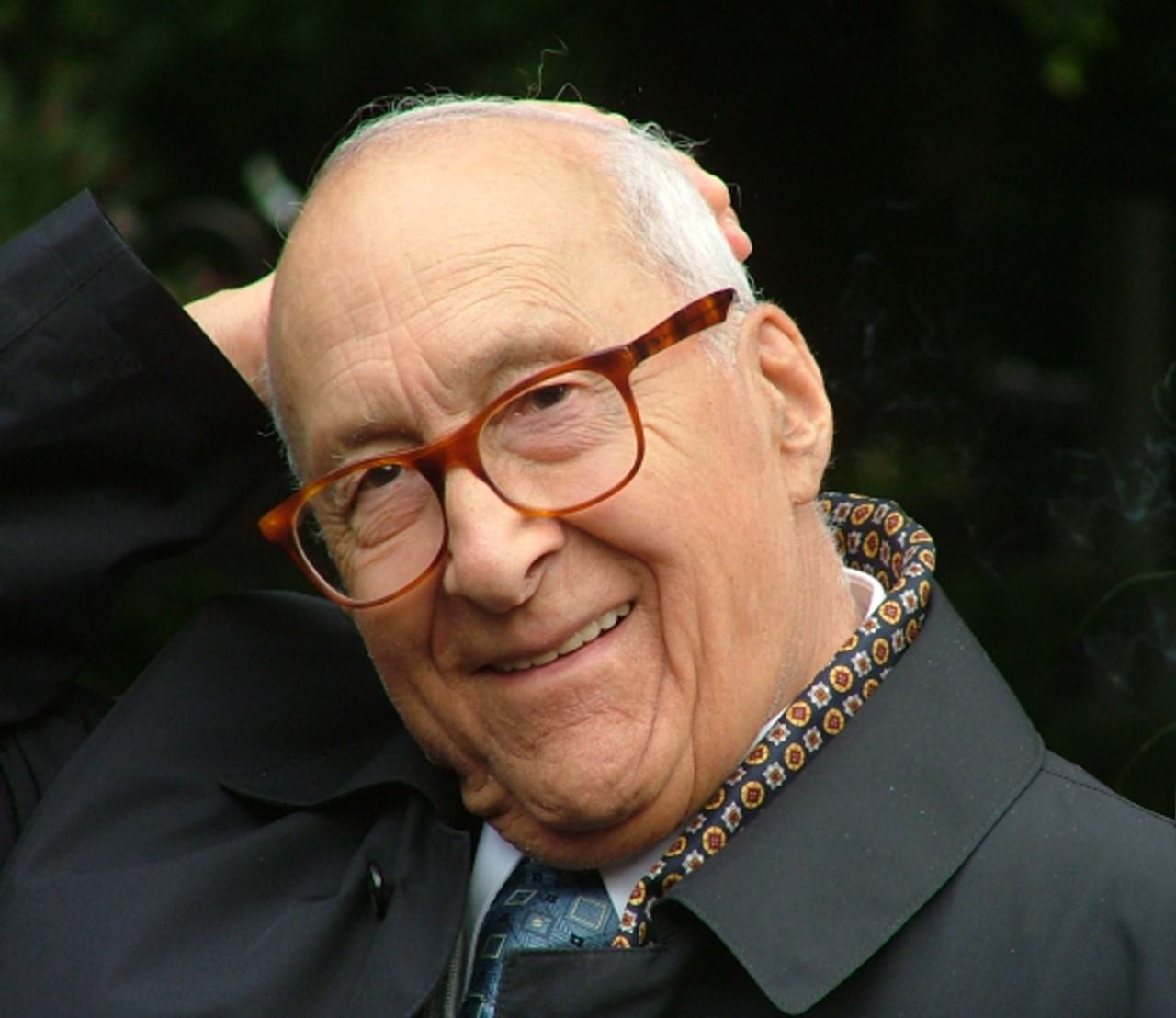Hidayat Inayat Khan

Hidayat Inayat Khan, born in 1917, was the youngest son of Inayat Khan, India’s greatest musician, composer and vina player in his time and Ameena Begum, educator, poet and musician. His great grandfather was Maula Baksh who founded the first school of music in Baroda in India and who invented the music notation system bearing his name. Hidayat’s upbringing with eastern music did not keep him from being fascinated with western music and ever since he heard his first Beethoven concert performed by the famous Russian violinist Mischa Elman, he decided that was what he wanted to do: to play the violin and to compose music. When Hidayat had become a young violinist, after having received instruction from the great musical souls in Paris in the 1920’s such as the legendary Jacques Thibaut for violin, George Enesco for chamber music, Nadia Boulenger for composition, harmony and choir and Diran Alexanian for orchestra classes, he asked Yehudi Menuhin to play his first composition. Hidayat is the first Indian to have composed for western orchestra.
He has written more than 60 compositions among which several for orchestra which have been performed worldwide. Poème en Fa, La Monotonia, Chant Exotique, Ballet Rituel, Ghandi Symphony, Symphonie Zikar, Message Symphony, Cortège, Virginia Symphonic Poem, Royal Legend Symphonic Poem, La Monotonia Harmonie and Concerto. Besides his symphonic works Hidayat has written choral compositions, Sufi songs, hymns and chamber music transfusing his audience with his outlook of unity between Eastern and the Western culture, enchanting them with his global vision of the world.
All of his music, whether they are symphonic pieces, hymns or Sufi songs such as Awake for morning, Nous vous invitons à la prière and Chanson Exotique, invite the audience to cross the boundaries of limitations of daily life inviting one to turn inward, obtaining access this way to the the realm of infinity, of endless possibility waiting to be explored in the the abode of our own hearts.
Hidayat Inayat‐Khan’s researches in music could be described as a cross‐point between Eastern monophony and western polyphony, respecting Western harmonic structures while also expressing the enhancing flavor of eastern Ragas.
La Monotonia is dedicated to Hidayat’s sister Pirzadi Noor-un-Nissa Inayat Khan, who was executed during the Second World War. In homage to her heroic service for the Resistance as ‘Madeleine’ she was posthumously awarded with ‘Croix de Guerre ‘in Paris 1946 and the George Cross in London 1949. The orchestra for strings is a monotonous repetition of tonal elements which are meant to describe human yearnings for communication with “The Divine”. A performance of la Monotonia is programmed in 2024 to commemorate the 80 years of disappearing of the composer’s sister Noor.